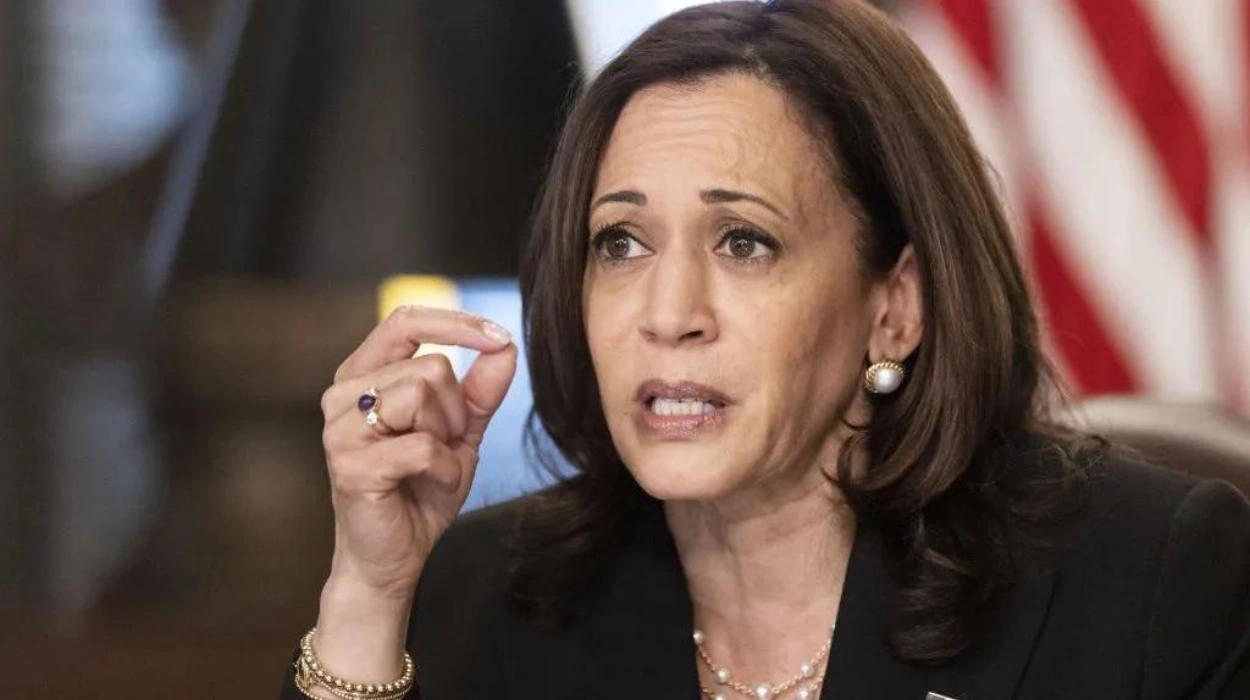USA (Transatlantic Today) – Experts caution that should Kamala Harris win the Democratic presidential nomination and unseat Republican nominee Donald Trump, she will have “a heavy road” in enacting economic legislation. Harris is currently leading in five significant swing states.
Political negotiations will be important in 2025 since many important pieces of economic law are about to expire. Harris’s ability to pass new legislation will largely depend on the outcome of the November midterm elections. Analysts estimate that Harris may face major obstacles in pushing her economic plan if Republicans continue to control the Senate.
Key provisions of the 2017 Tax Cuts and Jobs Act, which significantly reduced taxes for corporations and individuals, will revert to pre-2016 levels if not extended. Harris will likely face tough negotiations to maintain or adjust these provisions, particularly in the Senate. Additionally, the reinstatement of the debt limit and potential government shutdowns will be pressing issues for the new administration.
Shifting to the Center
According to Aljazeera, While Harris’s economic policy is still emerging, some analysts have seen a change from her prior, more left-leaning statements during the 2020 primary. Harris is anticipated to embrace more centrist views to appeal to a wider public, especially moderates in swing states. She backed proposals like a large corporation tax rate rise in 2020, but those will probably be reexamined.
Inflation and Its Impact
Although inflation has decreased, prices remain higher than pre-pandemic levels, which continues to be a concern. Harris’s approval ratings have been closely linked to public perceptions of inflation, potentially affecting her campaign. However, her limited track record on economic issues might give her the flexibility to address these challenges effectively.
Potential Policy Initiatives
Harris may focus on addressing housing affordability, with reports indicating plans to announce the construction of 3 million new housing units and new tax incentives for first-time homebuyers. These initiatives aim to address the growing dissatisfaction among younger Americans struggling with high housing costs.
Trade and Global Economic Concerns
Trade policy remains a significant issue, with former President Trump proposing high tariffs on imports, a move criticized by economists. Harris will need to navigate these challenges carefully, particularly in the context of potential global conflicts that could exacerbate inflation and economic instability.


























